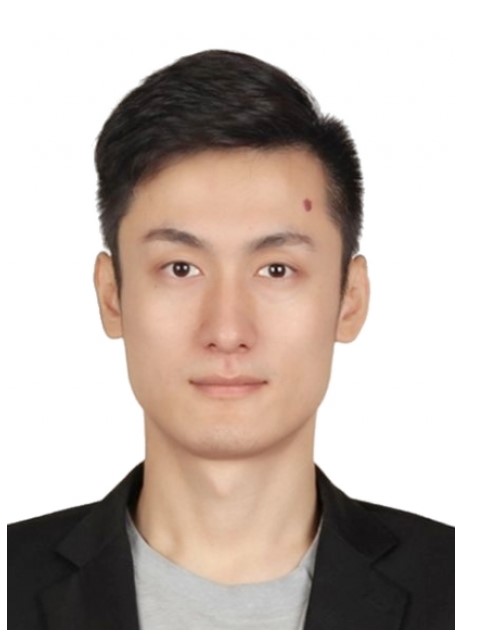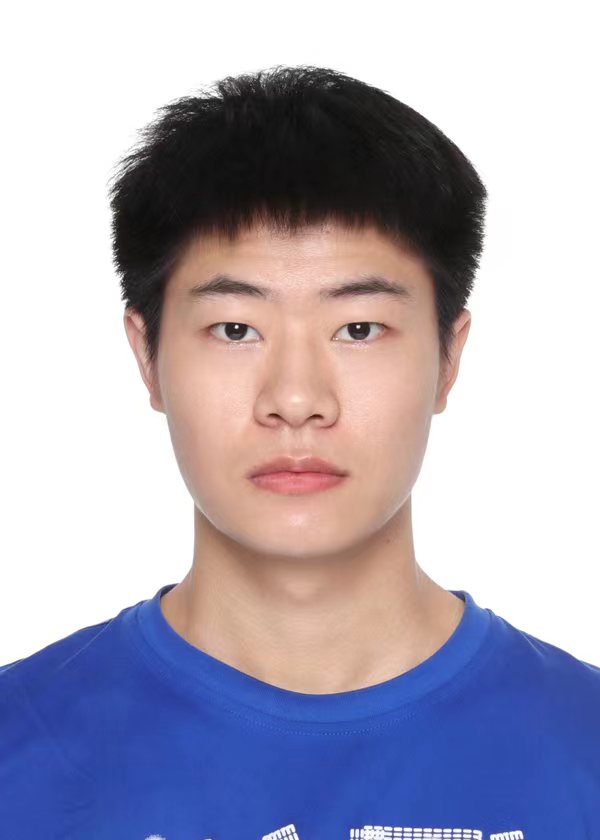Our long-term goal is to dissect the mechanisms underlying the control of neuronal and network excitability, reveal the circuit basis of brain functions, and explore potential neuromodulation approaches for the treatment of brain disorders. Specific aims include: 1) Investigate mechanisms underlying the generation of spiking activities and firing patterns in different types of neurons. Using our unique method of axon bleb recording, we will investigate the roles of axonal ion channels in action potential generation and propagation, examine the contribution of specific ion channels to different firing patterns. 2) Explore how different types of neurons wire together to form functional circuits, and how different modes of synaptic transmission regulate the circuit function. 3) Investigate mechanisms of brain disorders (such as epilepsy, anxiety, Parkinson's disease) and develop new approaches of neuromodulation. At molecular level, we will explore the role of specific ion channels in pathogenesis. At cellular level, we will investigate the causal role of pathological changes of neuronal excitability in selective loss of distinct cell types. At circuit level, we will examine the contribution of altered synaptic activity to the malfunction of neural circuits. Based on abnormal changes in neuronal excitability and circuit activity in diseased state, we will investigate mechanisms of the existing neuromodulation technologies, identify effective targets for brain stimulation, and develop innovative neuromodulation techniques.

Email:tangm@fudan.edu.cn
Research Direction:Micro-nano neural electrode and neuromodulation

Email:xiaoxue@fudan.edu.cn
Research Direction:Technical support and laboratory management

Email:sun21064@163.com
Research Direction:Electrophysiological, morphological and behavioral techniques

Email:sxdeng@fudan.edu.cn
Research Direction:Circuit mechanism and application of deep brain stimulation

Email:weike@fudan.edu.cn
Research Direction:Ion channel and neuronal excitability

Email:He_quansheng@fudan.edu.cn
Research Direction:Mechanisms of the generation and propagation of epileptiform activity

Email:liuxifd@fudan.edu.cn
Research Direction:Development and application of neuromodulation techniques

Email:Neuronal excitability and emotion regulation
Research Direction:Neuronal excitability and emotion regulation

Email:lshuxuan@fudan.edu.cn
Research Direction:Pathogenesis and regulation of depression in Parkinson’s disease

Email:11918104@zju.edu.cn
Research Direction:Mechanism for selective loss of dopaminergic neurons

Email:lil21@m.fudan.edu.cn
Research Direction:Neuronal excitability and ion channel disease

Email:20111520036@fudan.edu.cn
Research Direction:Circuit mechanism and application of deep brain stimulation (DBS)

Email:21111520026@m.fudan.edu.cn
Research Direction:Synaptic and circuit mechanism in autism

Email:wduan20@fudan.edu.cn
Research Direction:Molecular and cellular mechanisms of epilepsy

Email:20111520041@fudan.edu.cn
Research Direction:Neuronal firing pattern and its function

Email:zhangxiaowen20@fudan.edu.cn
Research Direction:Synaptic properties of basal ganglia neurons

Email:qhuang21@m.fudan.edu.cn
Research Direction:Cellular and circuit mechanisms of autism-like behaviors

Email:20111210064@fudan.edu.cn
Research Direction:Mechanism of epilepsy in focal cortical dysplasia

Email:19301030047@fudan.edu.cn
Research Direction:Neurodegenerative diseases and intervention strategies
Shu Y and McCormick DA* (2002) Inhibitory interactions between ferret thalamic reticular neurons. Journal of Neurophysiology. 87(5): 2571-2576.

Shu Y, Hasenstaub A, Badoual M, Bal T and McCormick DA* (2003) Barrages of synaptic activity control the gain and sensitivity of cortical neurons. Journal of Neuroscience. 23: 10388-10401

Shu Y, Hasenstaub A, McCormick DA* (2003) Turning on and off recurrent balanced cortical activity. Nature. 423: 288-293. ***

Hasenstaub A, Shu Y, Haider B, Kraushaar U, Duque A, McCormick DA* (2005) Inhibitory postsynaptic potentials carry synchronized frequency information in active cortical networks. Neuron. 47(3): 423-435. ***

Shu Y, Hasenstaub A, Duque A, Yu Y, McCormick DA* (2006) Modulation of intracortical synaptic potentials by presynaptic somatic membrane potential. Nature. 441: 761-765. Coments by Eve Marder: Extending influence. Nature. 441: 702-703. ***

McCormick DA*, Shu Y and Yu Y. (2007) Neurophysiology: Hodgkin and Huxley model--still standing? Nature. 445(7123):E1-E2.

Shu Y, Duque A, Yu Y, Haider B and McCormick DA*. (2007a) Properties of action potential initiation in neocortical pyramidal cells: evidence from whole cell axon recordings. Journal of Neurophysiology. 97(1):746-760.

Shu Y, Yu YG, Yang J and McCormick DA*. (2007b) Selective control of cortical axonal spikes by a slowly inactivating K+ current. PNAS. 104(27):11453-8. ***

Hu W, Tian C, Li T, Yang M, Hou H, Shu Y*. (2009) Distinct contributions of Nav1.6 and Nav1.2 in action potential initiation and backpropagation. Nature Neuroscience. 12: 996-1002. (News and Views: Who let the spikes out?). ***

Zhu J, Jiang M, Yang M, Hou H and Shu Y*. (2011) Membrane potential-dependent modulation of recurrent inhibition in rat neocortex. PLoS Biology. 9(3): e1001032. (synopsis: Finding Balance in Cortical Networks.) ***

Jiang M, Zhu J, Liu Y, Yang M, Tian C, Jiang S, Wang Y, Guo H, Wang K and Shu Y*. (2012) Enhancement of Asynchronous Release from Fast-Spiking Interneuron in Human and Rat Epileptic Neocortex. PLoS Biology. 10: e1001324. ***

Yang J, Ye M, Tian C, Yang M, Wang Y, and Shu Y*. (2013) Dopaminergic Modulation of Axonal Potassium Channel and Action Potential Waveform in Pyramidal Neurons of Prefrontal Cortex. Journal of Physiology. 591: 3233-3251. ***

Li T, Tian C, Scalmani P, Frassoni C, Mantegazza M, Wang Y, Yang M, Wu S, Shu Y*. (2014) Action potential initiation in neocortical inhibitory interneurons. PLoS Biology. 12(9):e1001944. ***

Tian C, Wang K, Ke W, Guo H, Shu Y*. (2014) Molecular identity of axonal sodium channels in human cortical pyramidal cells. Frontiers in Cellular Neuroscience. DOI:10.3389/fncel.2014.00297

Jiang M, Yang M, Yin L, Zhang X, and Shu Y*. (2015) Developmental reduction of asynchronous GABA release from neocortical fast-spiking neurons, Cerebral Cortex. 25(1):258-70. ***

Wang B, Yin L, Zou X, Ye M, Liu Y, He T, Deng S, Jiang Y, Zheng R, Wang Y, Yang M, Lu H, Wu S and Shu Y*. (2015) A Subtype of Inhibitory Interneuron with Intrinsic Persistent Activity in Human and Monkey Neocortex. Cell Reports, Doi.org/10.1016/j.celre

Yin L, Rasch M, He Q, Wu S, Dou F and Shu Y*. (2017) Selective Modulation of Axonal Sodium Channel Subtypes by 5-HT1A Receptor in Cortical Pyramidal Neuron. Cerebral Cortex. 27(1):509-521. ***

Yin L#, Zheng R#, Ke W#, He Q#, Zhang Y, Li J, Wang B, Mi Z, Long YS, Rasch MJ, Li T, Luan G, Shu Y*. (2018) Autapses enhance bursting and coincidence detection in neocortical pyramidal cells. Nature Communications. 9(1):4890. doi: 10.1038/s41467-018-0

Yang J, Xiao Y, Li L, He Q, Li M and Shu Y*. (2019) Biophysical properties of somatic and axonal voltage-gated sodium channels in midbrain dopaminergic neurons. Frontiers in Cellular Neuroscience. 13:317. doi: 10.3389/fncel.2019.00317.

Deng S, Li J, He Q, Zhang X, Zhu J, Li L, Mi Z, Yang X, Jiang M, Dong Q, Mao Y, Shu Y*. (2020) Regulation of recurrent inhibition by asynchronous glutamate release in neocortex. Neuron. pii: S0896-6273(19)30933-X. doi: 10.1016/j.neuron.2019.10.038. ***

 Address: Floor 2, Building B, Medical Research Building, 131 Dong
Address: Floor 2, Building B, Medical Research Building, 131 Dong
 Postcode: 200032
Postcode: 200032
 Telephone/Fax: 021-54237056
Telephone/Fax: 021-54237056
 Email: yousheng@fudan.edu.cn
Email: yousheng@fudan.edu.cn